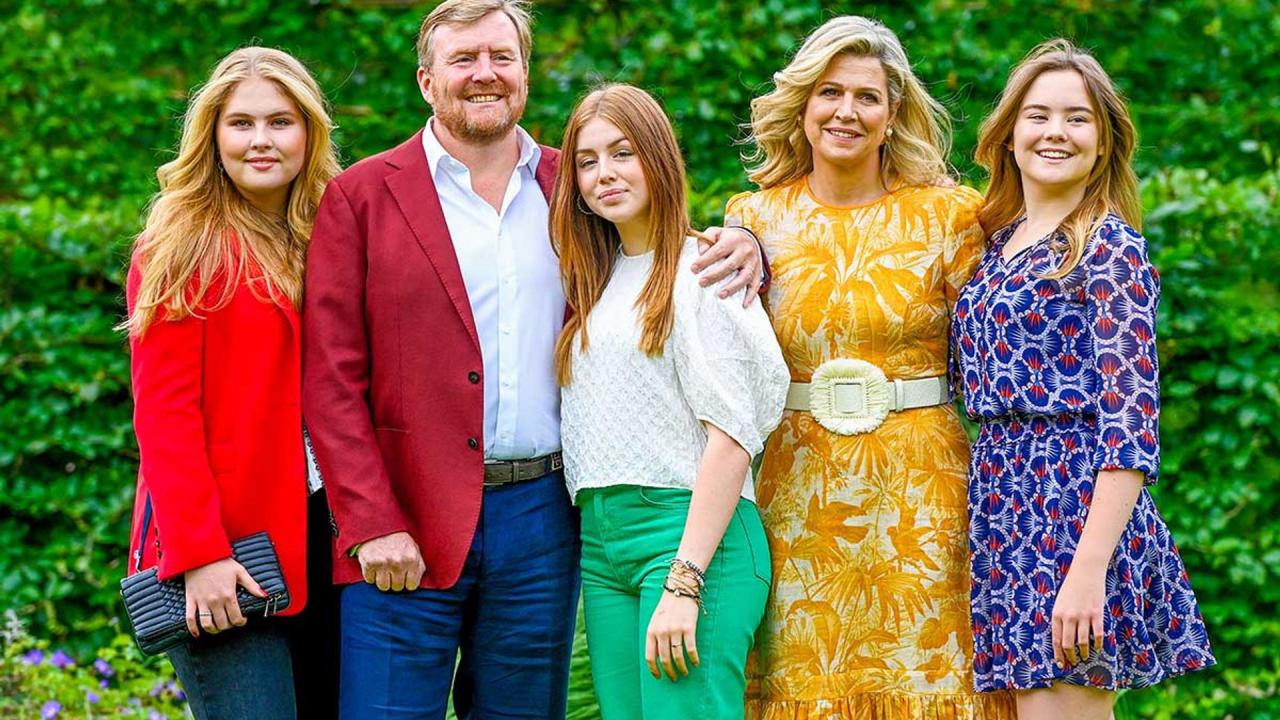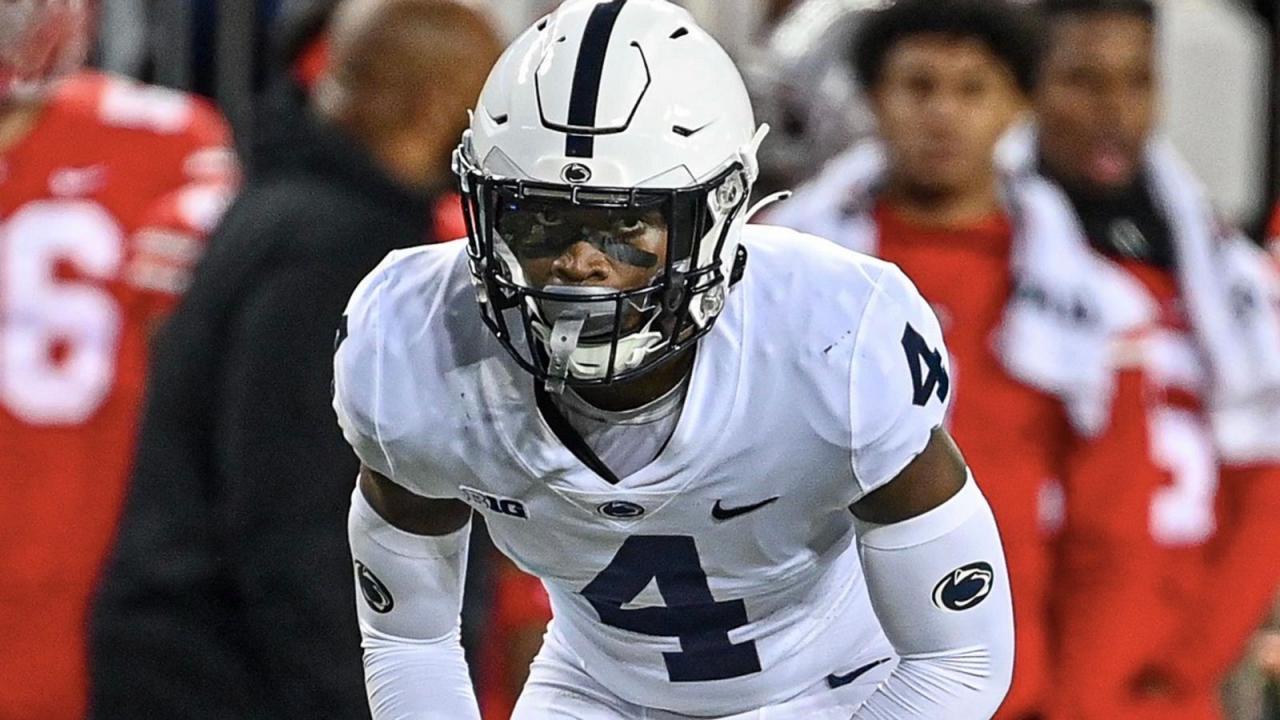
The Netherlands King, a revered figurehead in the Dutch monarchy, stands at the helm of a rich tapestry of history, tradition, and constitutional significance. From the House of Orange-Nassau’s illustrious reign to the current King Willem-Alexander’s stewardship, the Dutch monarchy has played a pivotal role in shaping the nation’s identity and navigating its modern challenges.
Beyond the grandeur of royal palaces and the pageantry of state occasions, the Dutch monarchy embodies a complex interplay of constitutional duties, public perception, and the evolving role of royalty in the 21st century. This comprehensive overview delves into the fascinating world of the Netherlands King, exploring the lineage, responsibilities, and future prospects of this enduring institution.
The Dutch Monarchy: A Historical and Modern Perspective

The Netherlands has a rich royal history dating back centuries. The House of Orange-Nassau has ruled the country since the 16th century, and the current monarch, King Willem-Alexander, is a direct descendant of this illustrious lineage.
Reign of the Dutch Monarchs, Netherlands king
William I, Prince of Orange (1572-1584)
- Led the Dutch revolt against Spanish rule
- Proclaimed Stadtholder of Holland and Zeeland
Maurice of Nassau (1585-1625)
- Son of William I
- Brilliant military strategist who played a key role in the Dutch Golden Age
Frederick Henry, Prince of Orange (1625-1647)
- Brother of Maurice
- Expanded the Dutch empire and established the Dutch East India Company
William II, Prince of Orange (1647-1650)
- Son of Frederick Henry
- Died prematurely at the age of 24
William III, Prince of Orange (1672-1702)
- Grandson of Frederick Henry
- King of England, Scotland, and Ireland
- Fought against Louis XIV of France
Queen Anne (1702-1714)
- Daughter of James II of England
- Last Stuart monarch of England
George I (1714-1727)
- Elector of Hanover
- First Hanoverian monarch of Great Britain
George II (1727-1760)
- Son of George I
- Continued the Hanoverian dynasty
George III (1760-1820)
- Grandson of George II
- Lost the American colonies
George IV (1820-1830)
- Son of George III
- Known for his extravagant lifestyle
William IV (1830-1837)
- Brother of George IV
- Died without any legitimate children
Queen Victoria (1837-1901)
- Niece of William IV
- Longest-reigning British monarch
Edward VII (1901-1910)
- Son of Queen Victoria
- Modernized the monarchy
George V (1910-1936)
- Son of Edward VII
- Reigned during World War I
Edward VIII (1936)
- Son of George V
- Abdicated after less than a year to marry an American divorcee
George VI (1936-1952)
- Brother of Edward VIII
- Led Britain through World War II
Queen Elizabeth II (1952-2022)
- Daughter of George VI
- Longest-reigning British monarch
King Charles III (2022-present)
- Son of Queen Elizabeth II
- Current monarch of the United Kingdom
Conclusion

As the Dutch monarchy continues to adapt to the changing tides of society, its future remains a subject of both intrigue and speculation. Public opinion, political dynamics, and the evolving expectations of modern citizens will undoubtedly shape the monarchy’s trajectory in the years to come.
Whether it maintains its cherished traditions or embraces a more progressive path, the Netherlands King will undoubtedly remain an integral part of the nation’s fabric, embodying the enduring spirit of Dutch history and culture.
Commonly Asked Questions: Netherlands King
Who is the current King of the Netherlands?
Willem-Alexander
What is the name of the Dutch royal family?
House of Orange-Nassau
What is the constitutional role of the Dutch monarchy?
The monarch is the head of state, but the country is governed by a parliamentary democracy.
What is the public perception of the Dutch monarchy?
Generally positive, with high levels of support for the royal family.






